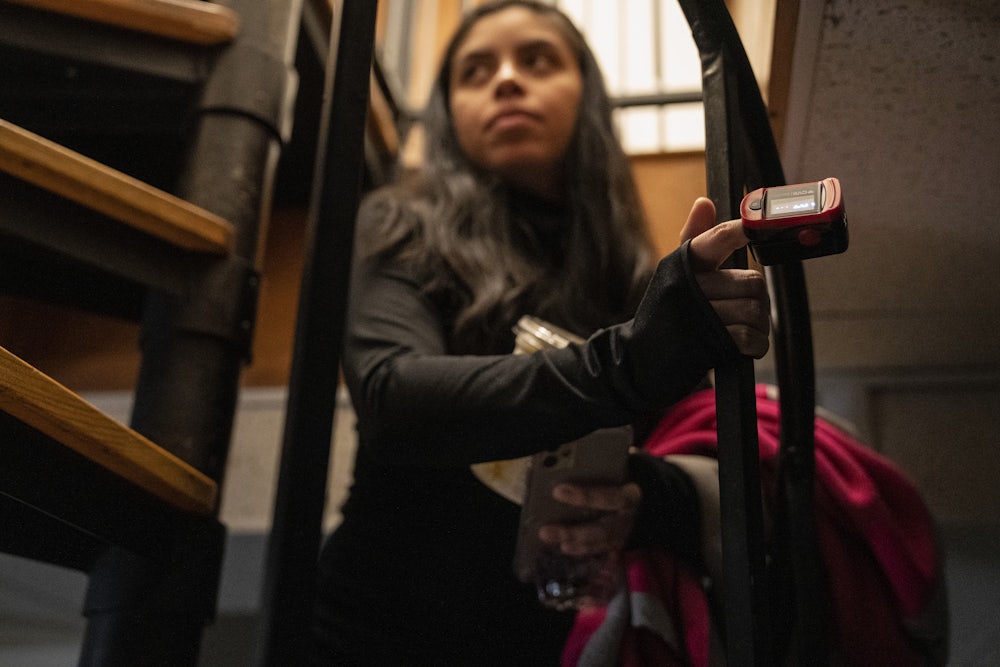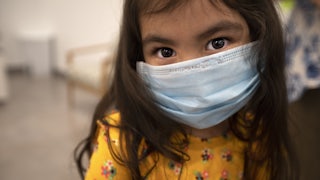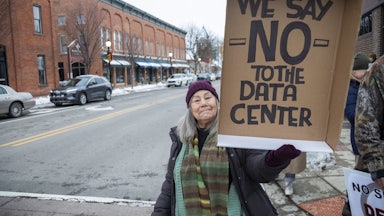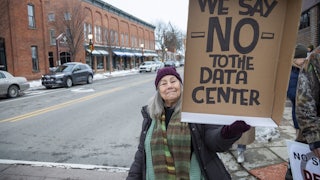We usually think of chickenpox as a childhood illness. After all, most of us older than 30 probably spent a week in grade school scratching those little pustules. Some of our parents may even have taken us to a “chickenpox party” to make sure we avoided adult chickenpox, which can be deadly. My mother avoided chickenpox until I got it, and she suffered horribly during her illness. But that’s not the only way chickenpox affects adults. The varicella-zoster virus, which causes chickenpox, also causes a painful illness we firmly associate with older age: shingles.
After a pediatric infection with VZV has cleared, the virus can migrate to the dorsal root ganglia, nerve bundles near the spinal cord from which emerge the sensory nerves that mediate our skin’s senses. There, the virus sits idly, waiting for our immune system either to weaken or get preoccupied fighting another infection. When that moment comes, it travels down the nerve to cause a painful blistery rash. Thankfully, vaccinations for both chickenpox and shingles make the diseases far rarer than they once were.
But VZV should serve us a warning: Viruses can have long-range implications well after they’ve initially infected us. Just ask the millions of people already suffering from long Covid, which we’re only now starting to understand.
At least 78.6 million people have been infected with Covid-19—though that’s a vast underestimate considering the underreporting of cases during the omicron surge. Upward of 30 percent of those infected report longer-lasting symptoms that range from fatigue to brain fog to joint pain. And that’s just the long Covid we know about.
There’s so much we don’t yet know. Are there long-term complications of Covid infection—like shingles—that we have yet to understand? Is there a chronic Covid that emerges only years, if not decades, after infection? Our lack of knowledge isn’t about a deficiency of science but simply a matter of time; Covid-19 has only been around for little more than two years. If there are widespread long-term complications, considering the breadth of infection across the country, they will have profound, devastating consequences for our society.
One of the more striking aspects of the pandemic is just how unwilling we’ve been to engage in the collective interventions that could mitigate it. Whether it’s wearing a mask, social distancing, or getting a shot, too many of us have been unwilling to sacrifice our individual choice for the collective well-being. The result is the vast scale of death and disease in the United States compared to other high-income societies. We suffered twice the number of cases that Canada did—and nearly three times the number of deaths per capita. That’s in part because 80 percent of Canadians are fully vaccinated compared to just 65 percent of Americans. It’s also because Canadian provinces instituted far more stringent vaccine requirements and social distancing guidelines than U.S. states did—and the Canadian government supported its population with far more generous Covid relief, the largest since World War II.
But this should have been predictable. After all, Canadians have consistently invested more in the collective—and reaped the benefits. Take the Canadian health system, which guarantees every resident access to high-quality, affordable health care. Should Covid-19 carry long-term consequences we don’t yet know about, Canadians will be far better prepared than our decentralized system leaves us.
But unlike the pandemic phase, we have time to prepare for the long term—should we choose to use it. It’s notable that President Biden’s languishing Build Back Better package includes home- and community-based services for Americans needing long-term care. Guaranteeing this kind of support for Americans is critical to protecting ourselves from Covid sequelae we may not yet know exist.
The other critical investment is guaranteed national health insurance that provides Americans with affordable health coverage. Right now, nearly 10 percent of Americans don’t even have health care. Considering the racial and socioeconomic disparities in Covid infection, those uninsured are more likely to have suffered Covid-19. Worse, millions of people could lose their health care coverage as a result of a rollback in the pandemic-era Medicaid expansion.
Ironically, not only would these policies protect us from the long-term complications of Covid-19, but perhaps they’d protect us from the next pandemic. Americans may value choice more than collective well-being. But making the right choice now could offer us both down the line.








